Today, it is so common for people to own dogs as pets and companions. From my blog, it has been made clear that dogs can be used as pets, as therapy dogs, as guard dogs, as police dogs, and even as football-playing dogs. However, dogs were not always a domesticated animal. Dogs have a very interesting and past.
Scientists have been trying to figure out and come up with a board picture of where dogs came from and almost all of them say that they come from the wolves species. However, this is one of the only things that the scientists can actually agree on, everything else has not been determined yet and is only based on scientific opinion.
The origin of dogs started tens of thousands of years ago with a very unlikely partnership: humans and the grey wolf.
First, we have to start with the origin or wolves before we get into how dogs originated. While some say that wolves were domesticated 10,000 years ago, others say that they were domesticated in Europe. Some say that it happened in Europe while others say it happened in the Middle East or Asia. Finally, some say wolves were domesticated themselves others say that the early human hunter-gatherers actively tamed and bred wolves.
Finally, in 2009, a scientist, Germonpré, did a lot of research on the origin of dogs. Germonpré set off a firestorm when she researched the skull of a 36,000 year-old Pleistocene dog from Belgium’s Goyet Cave. The remains that were found of this dog/wolf were found in the 1860s and were found along with a lynx, a mammoth, and various other animals. At first, the Goyet was labeled as a wolf, but after Germonpré compared the sizes and shape of the skull and teeth of the school, it was very similar to modern wolves and dogs. With this, she believed that the wolf remains were more doglike than wolfish.
With this, skull morphology is the key to the domestication because it is where the physical difference between modern wolves and modern dogs is the most pronounced. However, in the summer of 2017, researchers began to go even further into searching the origins of dogs. To do so, the researchers have been studying 1,500 samples of genetic samples from ancient candid remains or DNA. However, the extraction and analyzing of DNA is very complicated. After the death of an animal, microbes invade the body and begin the process of decomposition. Bacteria are all through the body and the sample which then leaves their own genetic material very muddy and hard to research. In this case, the researchers have figured out how to bypass the bacterial mess by designing custom tools which allows them to be able to find the DNA segments that are unique to the canids. While this process is effective, it is very time-consuming which is why this research has been going on for two years. So with this newfound genetic data and the morphological study of the ancient canid remains, it could really strengthen the dual origin theory of wolves and dogs that was proposed earlier, this could also build a case for even more origin facts and stories.
Fast similarities about wolves and dogs:
- Genetics
- They share about 98.8 percent of the same genetics. This is due to the to the interbreeding of dogs and wolves.
- Physical Attributes
- While obviously wolves and dogs both have four legs, four paws, a wet nose, and a tail, there is much more than just those similarities. Dogs and wolves both have similar life expectancies.
- While wolves have larger brains, longer legs, bigger feet, and longer muscles, dogs have a wider variety of traits because of domestication.
- Behavior Similarities
- Dogs and wolves are both pack animals. They also both show similar displays when they are greeting other dogs or humans, being friendly, or when being aggressive. However, wolves rarely every lick other people’s faces while dogs do tend to lick.
- Both wolves and dogs also have the ability to hunt using their senses. Also, both dogs can be territorial but wolves are more likely to kill for competition or food.
While wolves and dogs do have many similarities, definitely do not try to domesticate a wolf because they are meant to be outside and in the wild, hunting and living their own lives. So, just make sure to stick with domesticated dogs!

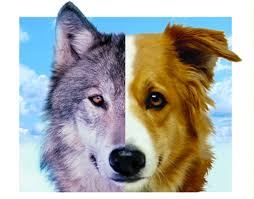
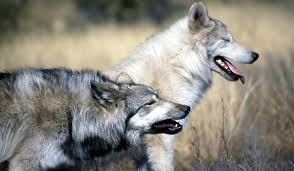
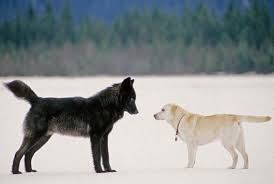

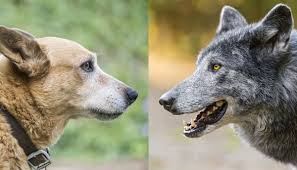

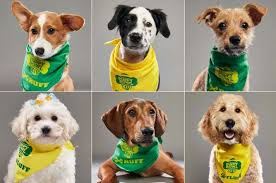






Recent Comments